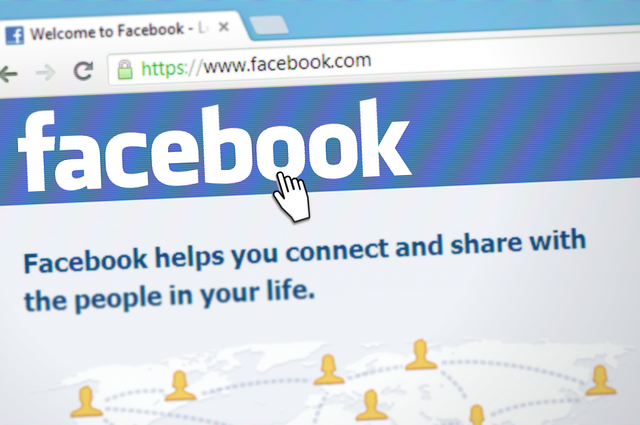You Might Be Facebook Dependent, But It’s Not Always A Bad Thing

If you use Facebook to fulfill goals or make new friends, you might have a Facebook dependency, according to a new study out of the University of Akron’s Wayne College. But the researchers note that being dependent on Facebook isn’t the same as social media addiction, and it’s not always a bad thing.
The study, presented at the National Communication Association conference in Las Vegas last month, examined 301 participants between the ages of 18 and 68 who used Facebook and posted on the site at least once a month. The participants who found Facebook helped them improve themselves in some way — either through gaining new friends, getting attention from others, or getting motivated to meet goals — were considered more Facebook dependent than others. The people who posted on Facebook and relied on feedback or validation from others to get a deeper understanding of themselves, in particular, matched this “dependency” definition.
“They might post that they went to the gym,” Erin Hollenbaugh, an associate professor of communication studies at Kent State University, said in the press release. “Maybe they’ll share a post expressing a certain political stance or personal challenge they’re facing. They rely on feedback from Facebook friends to better understand themselves” and boost their self-esteem. These people also use Facebook as a social learning grounds, where they “get ideas on how to approach others in important and difficult situations,” Hollenbaugh said.
It's important to point out that dependency and addiction originate in different parts of the brain. When it comes to drugs, dependence involves the mind or body adapting to a drug and needing greater amounts of it in order to experience the same results; addiction is typically used to define the situation in which a person can't stop using the drug and fails to live a normal life socially, financially, and emotionally. It appears that, based on past research, social media can activate both the addiction and dependency aspects of the brain.
In the past, researchers have examined behavior on social media in a variety of ways, often to better understand psychology and human behavior in the digital age. One recent study found that Facebook can be a source of stress and addiction; teenagers who had over 300 friends were found to be more stressed out than teens who didn’t have so many friends. Other studies have found that staying away from Facebook or social media — or even just reducing the amount of time spent on it — could lead to improved happiness and mental health.
Still, researchers can’t conclude with force that social media is bad for you. A lot of studies prove that it can actually have positive effects, and not just fuel social anxiety or the need for validation, or activate the addiction mechanisms in our brains. At the end of the day, the researchers point out that sometimes people who post a lot on social media — in positive, attention-grabbing ways — are possibly just happy and willing to share their lives with others.
“Those who post the most and are the most positive in posts do so to stay connected with people they already know and to gain others’ attention,” Amber Ferris, an assistant professor of communication at the University of Akron and another author of the recent study, said in the press release. “This makes a lot of sense — if you are happy with your life, you are more likely to want to share that happiness with others on social media.”



























